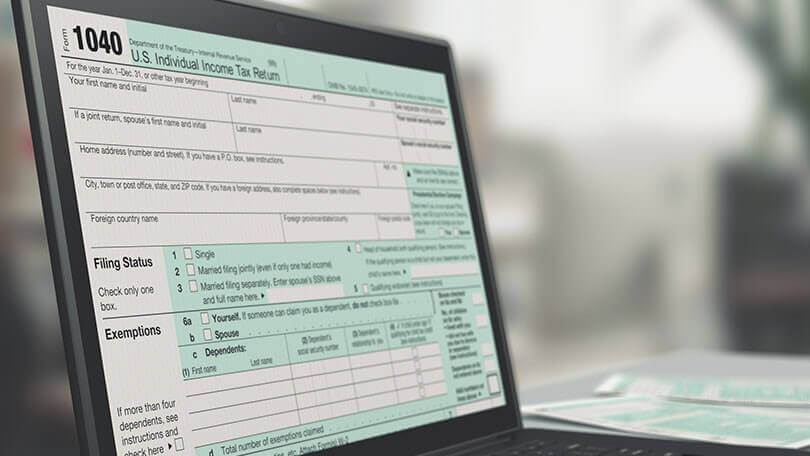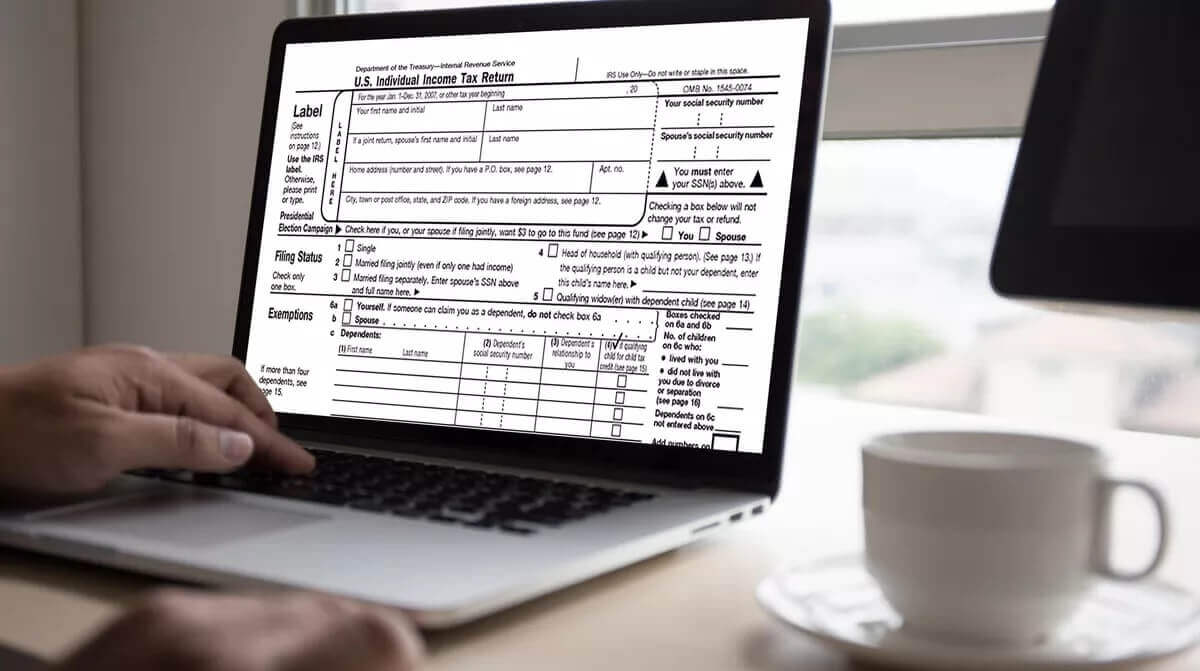Ser tu propio jefe no es todo pulsar el botón de repetición de la alarma y ponerse pantalones de chándal; la mayor parte del tiempo es claustrofobia, competencia feroz por los clientes, abstinencia de cafeína y flujos de caja inestables. El trabajo autónomo es una tarea ardua y, durante la temporada de impuestos, parece que no hay tiempo suficiente para ocuparse de todos los detalles necesarios.
No te sorprendas de que, según una encuesta realizada en 2018 por QuickBooks, se descubriera que hacer la declaración de impuestos es el reto más difícil para un autónomo, de ahí la necesidad de un software fiscal para autónomos.

Se necesita mucha atención al detalle y paciencia para presentar la declaración de impuestos. Esto se debe a que la declaración de impuestos debe realizarse correctamente, ya que es una tarea crucial que repercute en muchos otros procesos. La mayoría de los autónomos no tienen tiempo para presentar sus declaraciones de impuestos con cuidado, y muchos otros no pueden permitirse contratar a un profesional fiscal, de ahí la necesidad de un software fiscal para autónomos.
El hecho de que haya muchos programas de impuestos para autónomos exige tener cuidado a la hora de elegir el mejor y más adecuado.
1. ¿Qué es un software fiscal para autónomos?
Este es un programa que ayuda y guía a los autónomos a través del proceso de presentación y preparación de sus declaraciones. El programa les ayuda a cumplir con la legislación fiscal e incluso les ofrece consejos sobre las diversas ventajas fiscales que existen para los autónomos. En resumen, este software facilita la gestión de los impuestos de los autónomos.
2. ¿Qué hay que tener en cuenta al elegir un software fiscal para autónomos?
El precio sí importa a la hora de buscar un software fiscal para autónomos, pero hay que tener en cuenta que el software más caro no es necesariamente la mejor aplicación. Cualquier programa que elijas debe ser capaz de gestionar declaraciones de impuestos complejas y ofrecerte un alto nivel de protección, por si acaso te someten a una auditoría.
Como autónomo, debes estar atento a las características específicas que debe tener el mejor software fiscal a la hora de elegir uno para ti. Esto incluye:
- Garantía de precisión
- Proceso de revisión exhaustivo para comprobar posibles deducciones.
- Sólida atención al cliente
- Una interfaz fácil de usar

3. Versiones de software fiscal para autónomos
Hay dos versiones de cada tipo de software fiscal que se puede encontrar en Internet.
- Versiones de pago: Debe suscribirse a estos servicios de software para presentar sus impuestos locales, estatales y federales.
- Versiones gratuitas: Son programas que presentan todos los niveles de tus impuestos de forma gratuita. Estas aplicaciones pueden tener limitaciones en algunas deducciones y estimaciones fiscales complejas.
No se conforme con un software barato como referencia; esto no significa que tenga que pagar también por funciones que no necesita. Pero al menos asegúrate de que tu software preferido cubra las funciones básicas. El mejor software fiscal para autónomos debe ser asequible y, lo más importante, debe tener funciones personalizadas que se adapten a tus necesidades, entre las que se incluyen:
- Realice un seguimiento de sus ingresos
- Archiva los gastos de manera eficiente y
- Aumentar los ahorros anuales
El mejor software fiscal para autónomos depende de tu elección como autónomo; quizá quieras presentar tu declaración de impuestos a través de un dispositivo móvil, decidir utilizar la versión gratuita del software o elegir el software y la plataforma en función de las peculiaridades de tu negocio. Estas opciones influirán en tu decisión sobre cuál es el mejor software fiscal para autónomos para ti.
Conclusión
Debe tener cuidado al elegir un software fiscal independiente, ya que la estimación aproximada de los impuestos depende de la credibilidad del software que seleccione. Un software fiscal fiable le ayudará a detectar errores, optimizar sus beneficios fiscales y le ofrecerá una atención al cliente sin igual.





